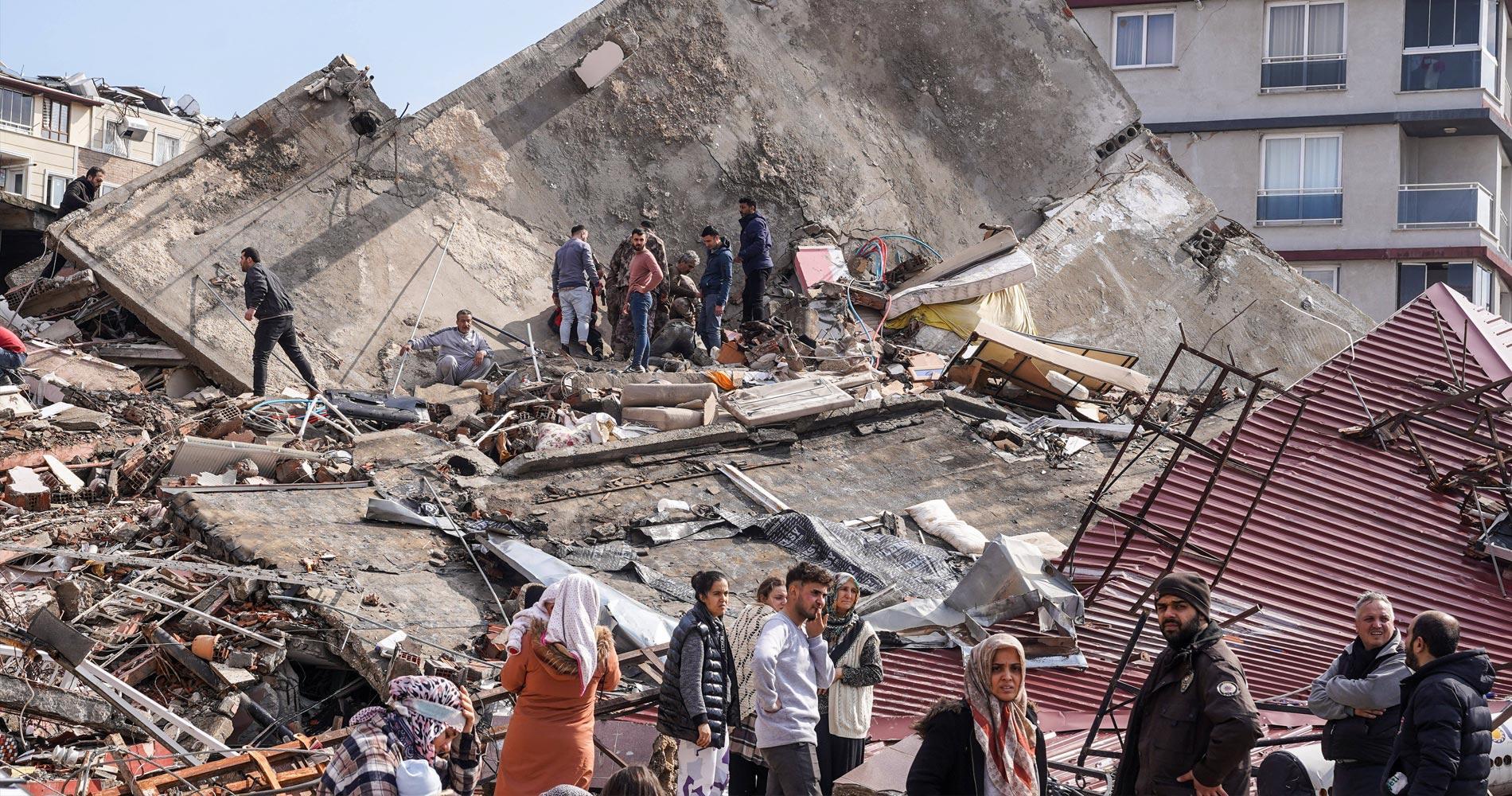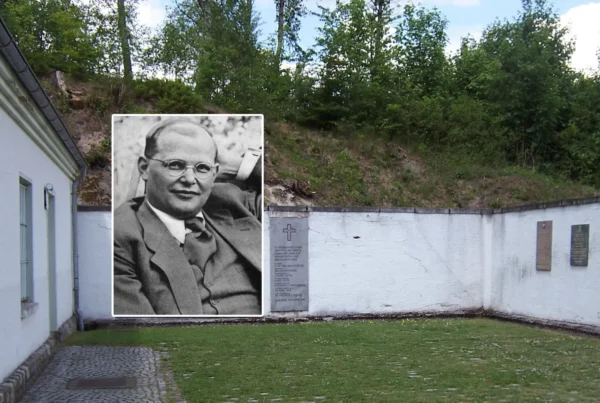The unprecedented humanitarian tragedy caused by the earthquakes in Turkey and nothern Syria might be the beginning of the end for President Erdogan’s bid for reelection. Buildings collapsing and burying thousands of residents, the shortcomings of the government’s rescue efforts and the increasing anger of survivors have displaced all other headlines.
Atıl Tuna Yalçın, 13 February 2023
The magnitude of the devastation in Turkey from the huge earthquakes on 6 February 2023 is incredibly saddening, as the death toll is officially reported to have reached over 28 000 and is expected to rise to 50 000 or more, since the affected areas were intensely populated cities making up 15% of the entire population of Turkey.
The epicenter of the earthquake was Kahramanmaraş; the other cities that suffered the most are the southern provinces of Adana, Hatay, Antakya, Gaziantep, Kilis, Adıyaman, Malatya and Şanlıurfa. Journalists report that the cities are slowly turning into ghost towns as those affected are emigrating en masse to the western provinces. The situation still remains desperate for those whose relatives are still under the rubble, with nothing left to do but to plea to rescue teams for help.
In the aftermath of these earthquakes, criticism of the government has mounted for not responding quickly enough to the affected areas. Despite the deployment of 25 000 emergency workers, the response has fallen short of reaching out effectively to many people on time.
The wide-scale destruction of infrastructure caused by the earthquake as well as freezing temperatures have hampered rescue efforts and decreased the chances for survival of those that are still trapped.
President Erdogan has declared a three-month state of emergency in the southern provinces of Turkey and harshly reacted to criticisms on the late deployment of the army. The shortcomings of the government’s response have exposed the ineffectiveness of the decision-making mechanism established under the new presidential system.
Meanwhile, many countries from around the world have sent rescue teams and donations in the form of financial support, clothing and medical supplies.
Construction projects were one of the main pillars on which Erdogan based Turkey’s “economic boom” after coming to power in 2002. This has been an effective tool to generate more jobs in rural areas where the majority of the population made up his conservative voter base.
It also helped his party, the AKP, consolidate its power by favoring loyalist firms and awarding them most of the contracts for construction projects. This trend was widely observed during the gentrification process in İstanbul as well as in the recently affected southern provinces.
Following the devastation of the 1999 earthquake, changes were made in legislation regarding tightening building codes. However, the favoritism and clear negligence on the part of authorities who did not adequately enforce and enact the building standards in these codes resulted in many buildings unable to withstand the recent earthquake disaster.
Many of the buildings that collapsed in the region were the product of AKP’s rent-seeking relationships with the local authorities, which paved the way for low-cost low-standard construction in the last two decades.
A prominent example of lack of enforcement is the so-called ‘’Construction Peace’’, a program that came into force just before the 2018 presidential elections which enabled issuing of licenses for a fee to more than three million buildings with weak components that needed to be upgraded to become earthquake resilient.
Today, despite building code restrictions, one-third of the 18 000 million residential buildings in Turkey are estimated to be incapable of withstanding a major earthquake.
The main opposition leader, Kemal Kılıçdaroğlu, retaliated against the government by demanding that the authorities account for how the so-called ‘Earthquake tax’, collected for 20 years and estimated to be around USD 4.6 billion, was spent. It is assumed that the AKP channeled the money to fund its infrastructure projects and to pay off IMF debts.
Yet the Turkish mainstream media continue to portray the situation mainly as a consequence of a natural disaster to avoid criticism of the government, with Erdogan stating on 9 February: ‘’We are closely monitoring those who intend to set our people against each other with fake news and distortions’’. Five Turkish journalists have reportedly been arrested on suspicion of disseminating anti-government propaganda.
On 9 February, the government restricted access to various social media platforms such as Twitter, TikTok and Instagram on the grounds that some people are spreading disinformation. The ban was repealed after 12 hours, after a public backlash against this decision and owing to the reality that social media play an important role in relief and rescue efforts. The rescuers were able to reach many people with the help of Twitter and social media posts. People who were trapped were able to ask for help via tweeting or sharing their location by posting on Instagram.
On the other hand, anger is being directed by ultra-nationalists towards Syrian refugees, who are being targeted as looters. The head of the Homeland Party, Ümit Özdağ, is leading an anti-refugee campaign despite the ongoing support of Syrians volunteering to help with the rescue and relief efforts.
Erdogan won the elections in 2002 partly as a reaction to the corruption scandals and economic turmoil resulting from the 1999 earthquake. As Turkey now faces possibly the worst humanitarian crisis in its modern history, Erdogan’s response to the latest earthquake devastation will be decisive in determining the outcome of the upcoming elections in May 2023.







